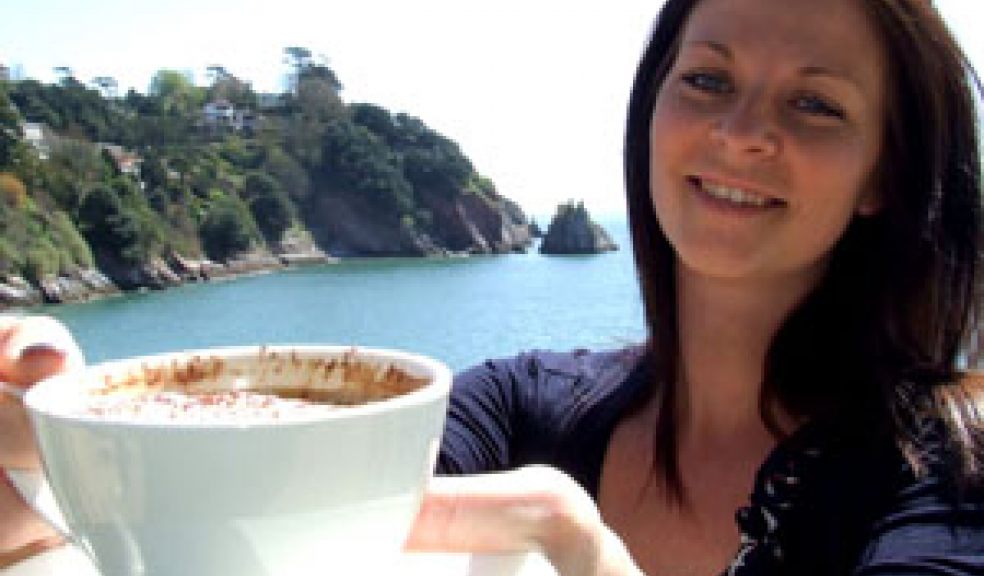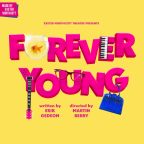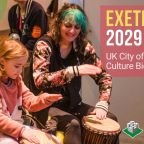
How coffee can save the world
A Devon conservation charity plans to revolutionise the difficult relationship between conservation and consumerism.
Living Coasts, Torquay’s coastal zoo, has introduced a shade-grown, ethical rainforest coffee that – unlike most other coffees – does not threaten the habitat of rare species.
The Zoo’s parent charity, the Whitley Wildlife Conservation Trust, has led the way in linking consumer ethics to wildlife conservation and has tried to drive palm oil – produced across South East Asia in plantations that are destroying orang utan habitat – from its catering business.
Now, the charity wants to show that commodities like coffee and chocolate can be produced without threatening habitats, species or local peoples.
Tony Stokes, head of the charity’s trading arm, said: “Big business has become the enemy of wildlife and habitats because of the way we produce. If we work with the rainforest and around species then we can still have our quality coffee and chocolate – but we can have tigers and orang utans, too.
“As a conservation charity, one of the ways we raise money for our charitable works is through retail and catering. We don’t want to have to sell goods that have been produced in ways which damage natural habitat or hurt local peoples. If products can benefit the natural world twice over – by being produced in a sympathetic way and then by being sold to raise money for conservation – you have a double-whammy, a win-win situation.”
In the West, coffee has defied the economic downturn but, says Tony, many big names pay lip-service to the idea of rainforest production and ethical values.
Now, the charity has set up its own Rainforest Village label. The coffee is from Orera, a village in the rainforest on the slopes of Mount Kilimanjaro. It’s blended with a Brazilian coffee from the Amazon rainforest to make it suitable for espresso machines.
Tony: “Coffee is as subtle and as complex in its production as wine. Top quality, single estate coffee can be likened to a single malt whisky. Most of us are used to blends. Coffee is actually an Africa plant and a shade lover – if it grows in direct sunlight, the coffee cherries get sun-burnt.”
The Whitley Wildlife Conservation Trust works in East Africa with elusive forest antelope called duiker and with rare mountain amphibians.
“Our approach now should be rainforest – use it or lose it. Things like shade grown coffee could make the rainforest more valuable than the crops that would be cultivated on the cleared land. We need to make the rainforest worth more to us alive than dead.
“We wanted to find a coffee that would tick all the boxes – that was grown in the shade of the rainforest to help conserve habitat, that was produced organically to reduce pollution, that secured the future for villages in the rainforest and which involved fair conditions for workers.”
Paignton Zoo Environmental Park is a registered charity. For more information go to www.paigntonzoo.org.uk or ring 0844 474 2222.




















